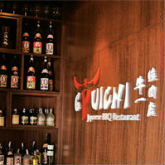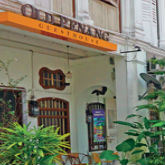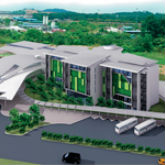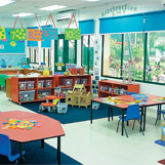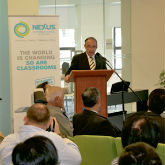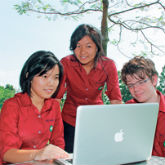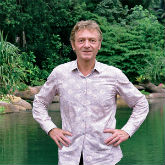
This article is brought to you in part by The Alice Smith School, written by Nicola Howard, Head of Faculty – Science and Design Technology.
Science, Technology, Engineering, and Mathematics or STEM occupations are growing by nearly double that of other occupations. At the Alice Smith School, we appreciate that science is everywhere in the world around us and technology is continuously expanding into every aspect of our lives. Engineering is developing to encompass the challenges of ever changing global weather patterns and the much needed environmentally-friendly modifications to our homes and industry. Mathematics is in every occupation and every activity we do in our lives. Therefore, by exposing our students to STEM and aiming to increasingly ‘engineer’ the learning opportunities our students engage in, we grow and nurture the very people that our planet and its future depend on.
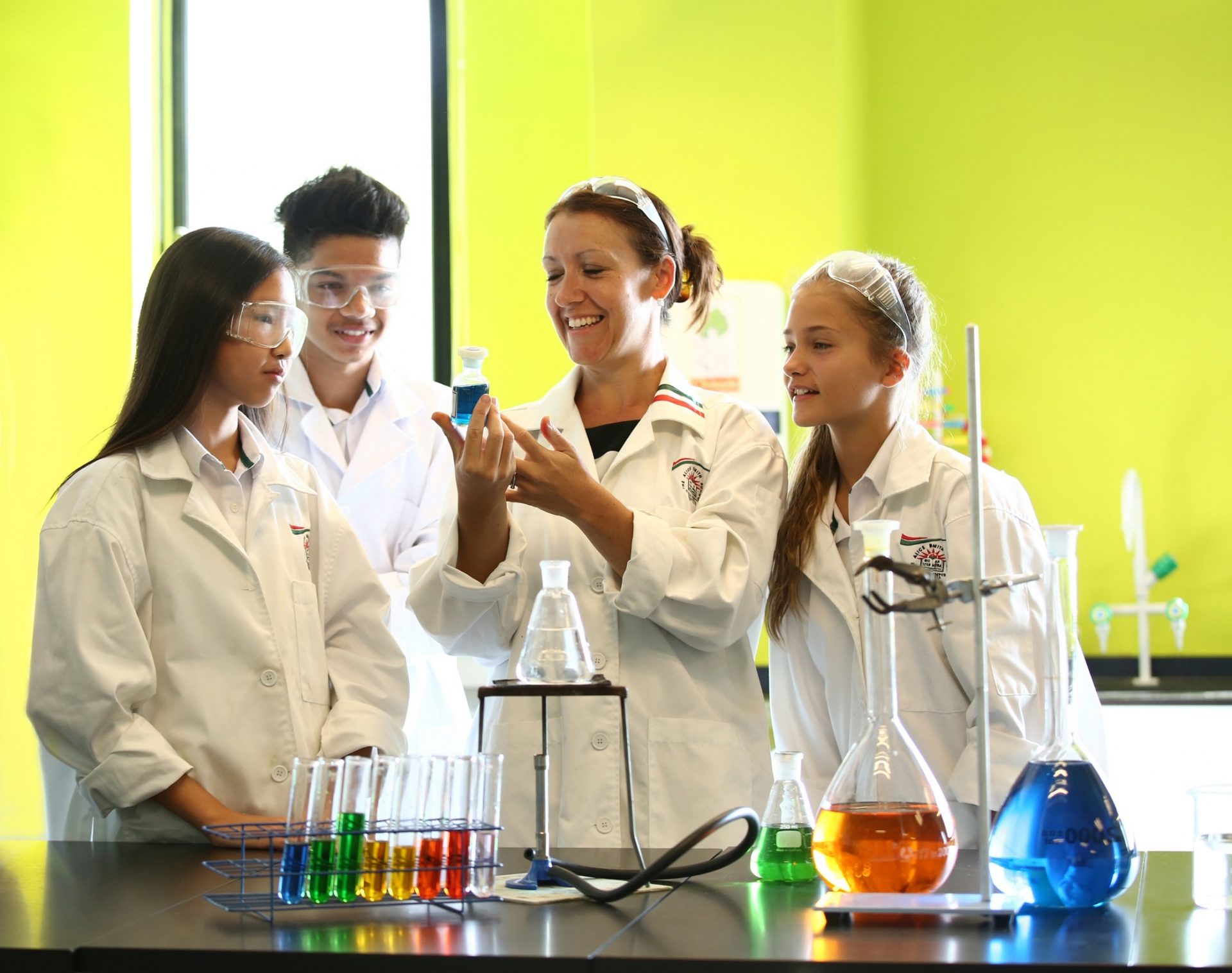
To put it into context, STEM education helps to bridge the ethnic and gender gaps sometimes found in the Science and Mathematics fields. In the 21st century, scientific and technological innovations have become increasingly important as we face both the benefits and challenges of globalisation and a knowledge-based economy. The key to successful STEM teaching is the integration of all the areas and giving students hands-on experience mirroring the real-world. Project work based on STEM develops a set of thinking, reasoning, teamwork, investigative, and creative skills that are transferable for students to be successful in their learning journey both in school and beyond.

STEM is both exciting and daunting. Emphasising a student’s approach to STEM opportunities can drive intrinsic motivation and the realisation that each and every individual is capable of accessing these areas within our curriculum. The explicit links both in and outside of school builds the confidence of all students. Raising the profile and awareness of the importance of STEM subjects for the future is vital. STEM is the future and therefore as educators, as parents, as professionals, it is our responsibility to drive learning within these disciplines. We need to shift the pursuit of degree-based subjects and careers towards STEM for the sake of our planet.
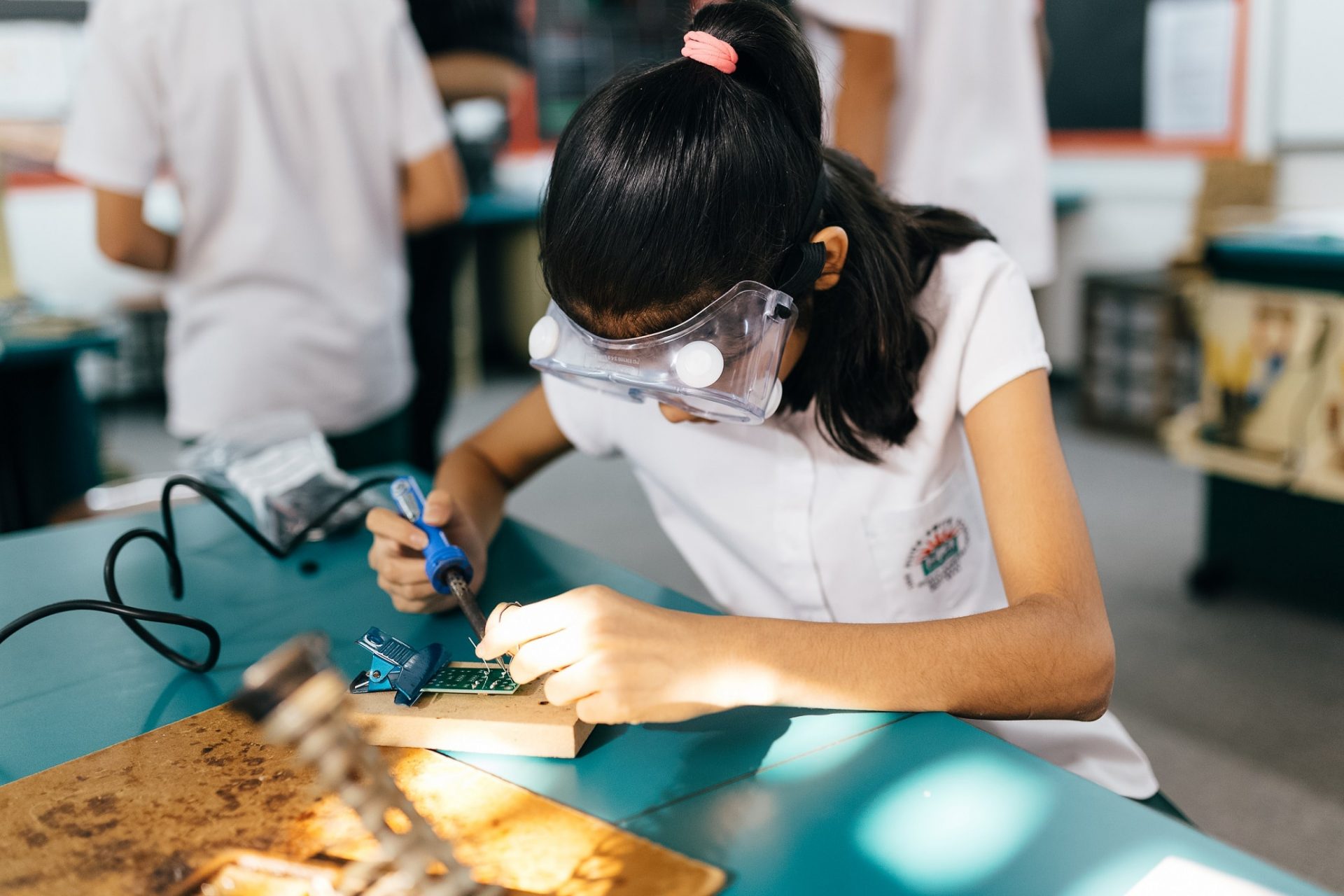
Traditional subjects have a significant role but do not necessarily address STEM as a whole and therefore ‘engineering’ activities that encompass STEM should be at the top of our agenda. Starting in the early years of the curriculum and building STEM related activities will provide the necessary inspiration for students and create STEM career related aspirations for our young learners.
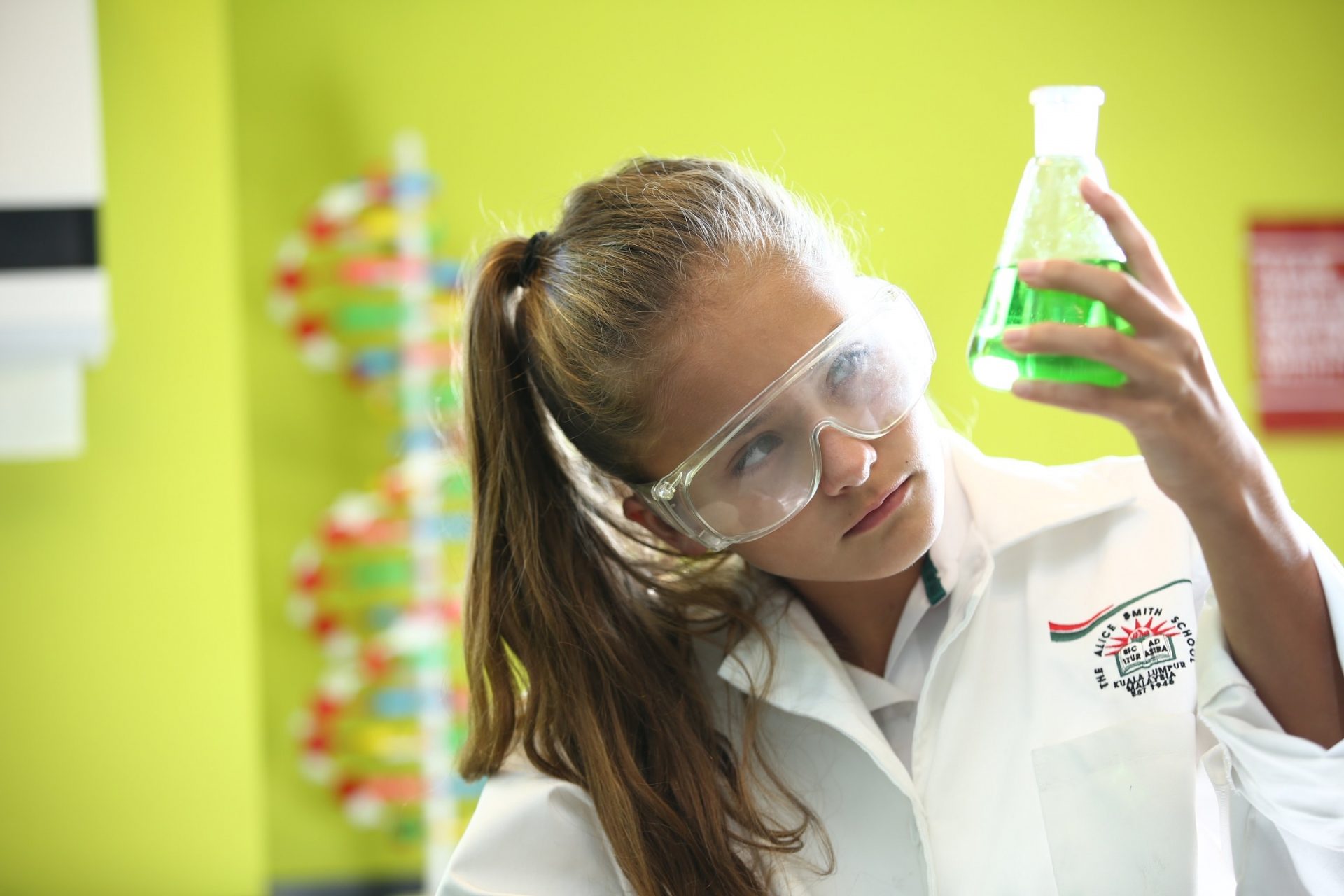
Wider Learning Days, visiting professionals, lectures, masterclasses and house competitions are but a few of the vehicles used to raise the profile of STEM education. Adapting our Schemes of Learning in STEM subjects to make links to the real-world stimulates interest in these fields and supports and encourages future STEM related career paths. It is a very exciting time in education, where we are no longer simply churning out students with top grades but rather tailoring our curriculum provision to ensure the sustainability of our planet and the people on it. By securing top grades alongside experience and knowledge of STEM, we are equipping our students to be the best they can be, with the necessary tools to make a difference.
At the Alice Smith School, we aim to nurture and inspire the next generation of STEM professions that will lead cutting edge careers for our planet.
"ExpatGo welcomes and encourages comments, input, and divergent opinions. However, we kindly request that you use suitable language in your comments, and refrain from any sort of personal attack, hate speech, or disparaging rhetoric. Comments not in line with this are subject to removal from the site. "



